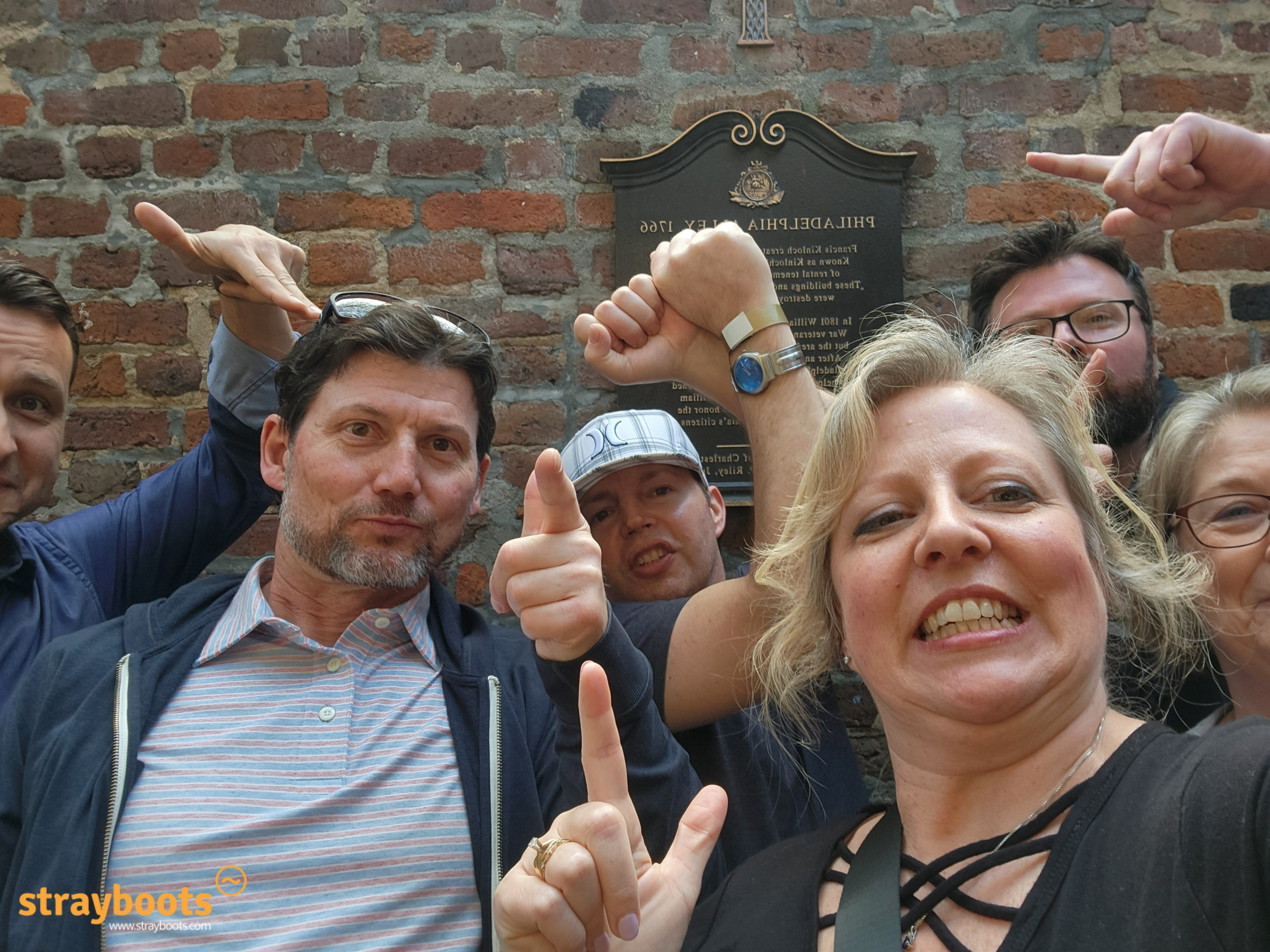Introduction: Why Leadership Matters in Team Building
In today’s dynamic workplace, effective leadership is the cornerstone of successful team building. The shift from traditional management styles to more empowering leadership approaches is essential for fostering a culture of innovation and collaboration. Facilitative leadership stands at the forefront of this transformation, offering a path to unleashing the full potential of teams.
The Essence of Facilitative Leadership
Facilitative leadership is characterized by its focus on empowerment, collaboration, and the active involvement of team members in decision-making processes. It’s a style that prioritizes the collective over the individual, where the leader acts more as a guide than a director.

Key Principles of Facilitative Leadership
- Empowering Your Team: True empowerment comes from trust and delegating meaningful responsibilities. Facilitative leaders empower their teams by entrusting them with significant tasks, supporting them in their roles, and encouraging autonomy.
- Promoting Collaboration: In the facilitative leadership model, collaboration is the engine of innovation. By fostering a collaborative environment, leaders can harness the team’s collective intelligence, leading to creative solutions and breakthrough ideas.
- Encouraging Open Communication: Transparency and open communication are hallmarks of facilitative leadership. This openness cultivates a culture of trust, where feedback is shared freely, and diverse viewpoints are celebrated.
- Valuing Diversity and Inclusion: A diverse team is a strong team. Facilitative leaders recognize the power of diversity and work diligently to create an inclusive environment where every team member can thrive.
Implementing Facilitative Leadership in Your Organization
The journey to embracing facilitative leadership is both challenging and rewarding. Here are steps to integrate this leadership style into your organizational culture:
- Training and Development: Leadership development programs are crucial for nurturing facilitative skills. These programs should focus on enhancing emotional intelligence, conflict resolution abilities, and effective communication techniques.
- Cultivating a Supportive Culture: Building a culture that champions collaboration, learning, and innovation is essential. This includes celebrating collective achievements and encouraging a problem-solving mindset.
- Practicing What You Preach: Leadership is as much about doing as it is about guiding. Leaders should model facilitative behaviors, setting an example for their teams to follow.
A Quote to Remember
Bonnie Kantor, in her exploration of facilitative leadership, eloquently states, “Facilitative leadership is about creating and holding the space where others can succeed.” This perspective underscores the essence of facilitative leadership — it’s about enabling teams to thrive by providing the support, resources, and environment they need to succeed. (Read more in Bonnie Kantor’s Article).

Adding Depth with External Insights
To further explore the benefits of facilitative leadership and how it can be effectively implemented, consider these valuable resources:
- Harvard Business Review offers a comprehensive look into why empowering leadership is crucial in today’s work environment. Their insights on leadership strategies can provide practical tips for those looking to adopt a more facilitative approach. Harvard Business Review on Leadership.
- The Center for Creative Leadership provides an array of resources and training programs focused on developing leadership skills for the modern workplace. Their research on the impact on team dynamics is particularly enlightening. Center for Creative Leadership Resources.
The Transformative Power of Facilitative Leadership
Facilitative leadership has the power to transform teams, fostering environments where creativity, collaboration, and innovation can flourish. By prioritizing empowerment, open communication, and inclusivity, facilitative leaders not only unlock the potential of their teams but also pave the way for sustained organizational success. Embrace it and witness the profound impact it can have on your team and organization.



